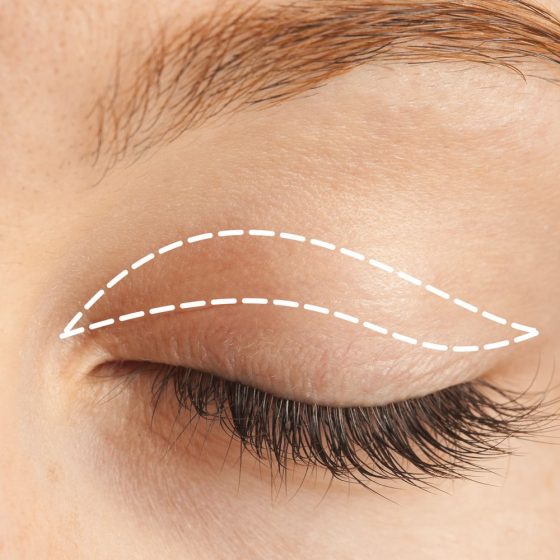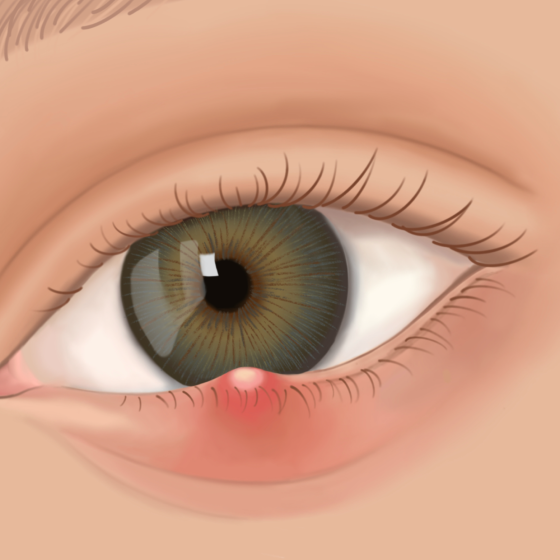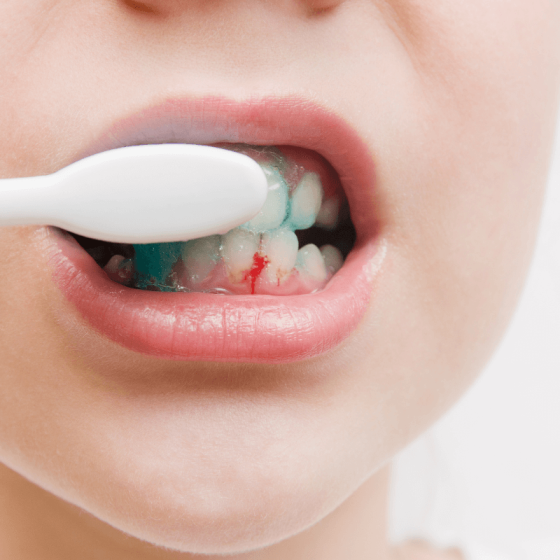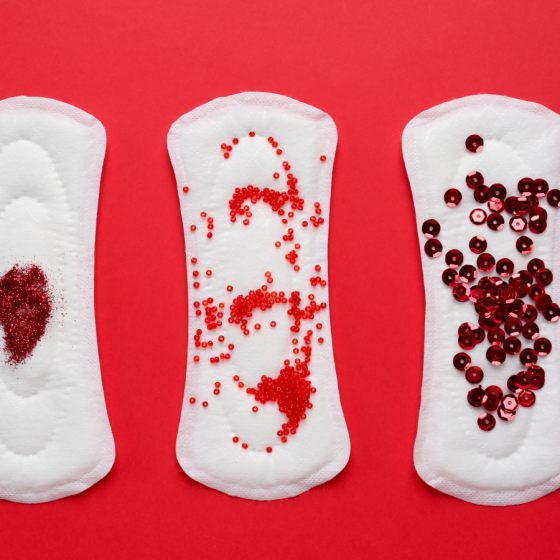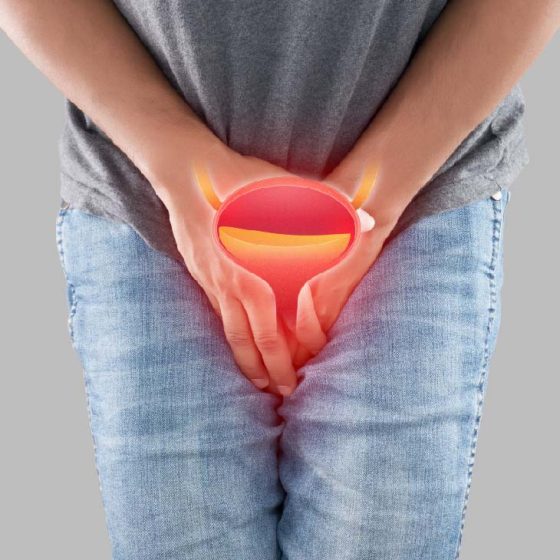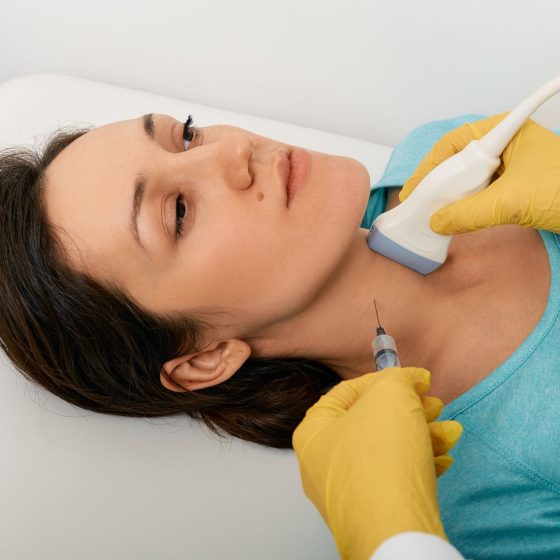Blepharoplasty
This page will give you information about a blepharoplasty. If you have any questions, you should ask your GP or other relevant health professional. What is a blepharoplasty? A blepharoplasty is an operation to remove excess skin and fat from your eyelids and to tighten your skin and soft tissues around your eyes. Is a blepharoplasty suitable for me? As you get older, your skin loses its elasticity (stretchiness) and gravity pulls down on the soft tissues of your eyelids, causing them to sag. Small fat pads behind your eyelid tissue can push forward through weakened muscles, making your eyes

